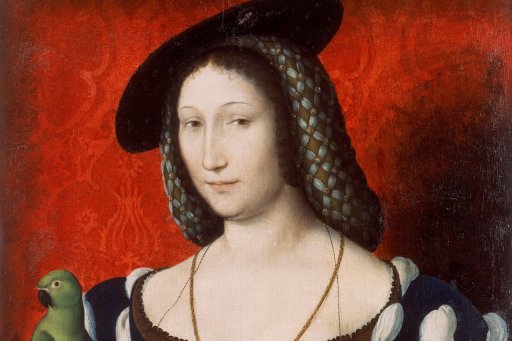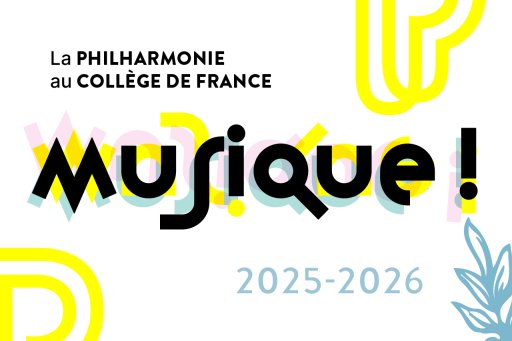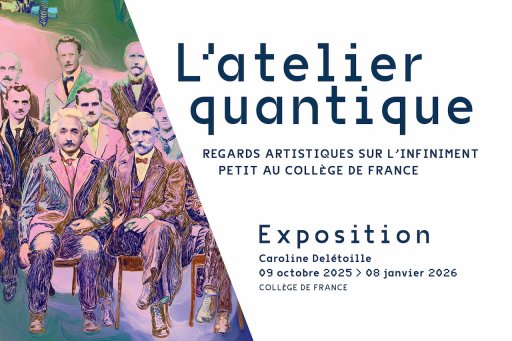
march 11, 2021
Marie-Hélène Verlhac (Team Leader, DRCE1 CNRS), Director of the Centre interdisciplinaire de recherche en biologie (CIRB) at the Collège de France, focuses herresearch on the final stages of mammalian ovogenesis. An alumnus of the École normale supérieure in Lyon, after a thesis at the Université Pierre-et-Marie-Curie and a postdoctoral fellowship at the University of California, San Francisco, she was recruited by the CNRS and set up her team in 2002 within UMR 7622. Her objective: to understand how, thanks to two original cell divisions that are highly asymmetrical in size, oocytes preserve their precious reserves, accumulated during their growth in the ovaries, giving them the capacity to transform into viable embryos after fertilization. How have species that use sexual reproduction to propagate themselves selected a risky mode of division based on cells, at the origin of every new individual, that separate their genetic heritage by making numerous mistakes? His team joined the CIRB in 2011 thanks to an international call for projects.
Her research has pioneered the study of mechanisms controlling the formation and asymmetric positioning of meiotic spindles in mouse oocytes lacking canonical centrosomes, the major microtubule organization centers in most cells. Using a combination of genetic, two-hybrid and in vivo cell imaging approaches, his team identified spindle assembly pathways specific to one or other of the two meiotic divisions. Their work has also shed light on why these cells are such poor pupils at distributing their chromosomes between daughter cells. Her team, co-directed since 2019 byMarie-ÉmilieTerret, DR2 Inserm, has discovered the importance of oocyte mechanics in controlling the positioning of the nucleus and spindle in these enormous cells. These mechanisms enable the qualitative and quantitative preservation of the maternal stocks that give the oocyte its developmental potential.
The importance of his discoveries is internationally recognized, as evidenced by his appointment to the EMBO, the Albert Brachet Embryology Prize awarded by the Belgian Royal Academy of Sciences, and now this CNRS Silver Medal, awarded in recognition of his overall scientific contributions.








